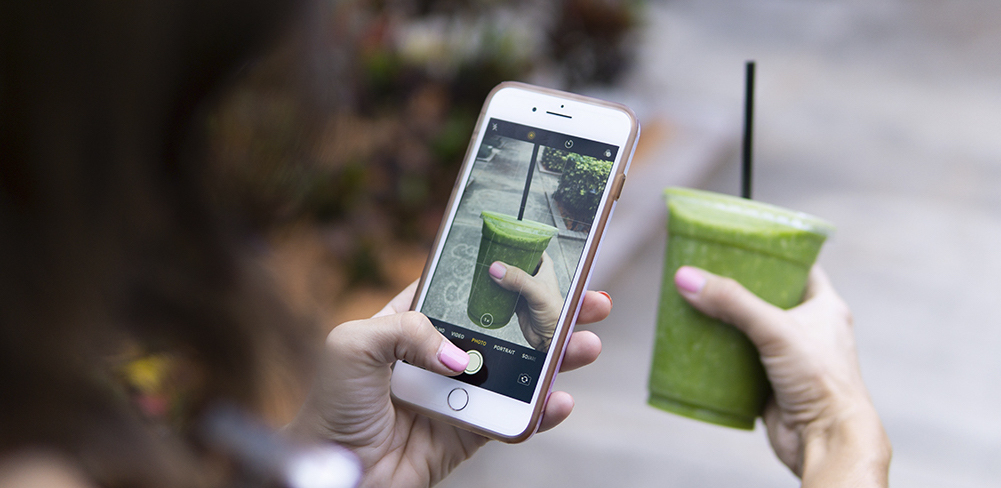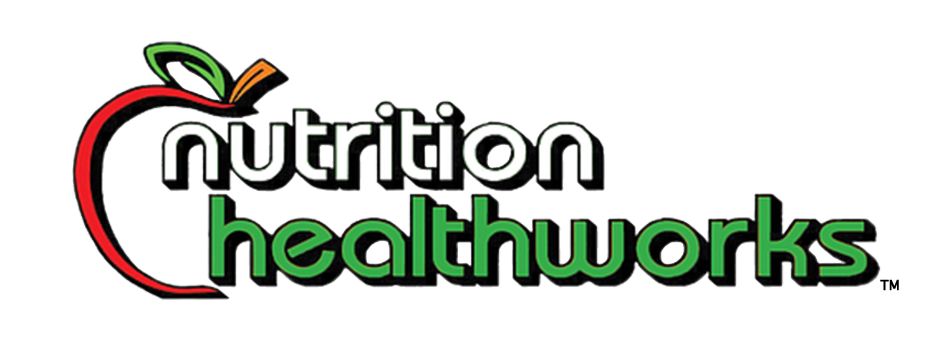
Have you or someone you know ever tried a fad diet? Chances are, most people can answer yes. The prevalence of different diet fads continues to grow, and more than ever people are willing to jump on the fad diet bandwagon hoping to shed some pounds. Here is why that isn’t a great idea
Forget the Fads

First off, what is a fad diet?
A fad diet is a diet plan or program that often drastically limits some aspect of eating or food groups and usually promises fast weight loss. These programs often sound too good to be true, usually because they are! Many celebrities or fitness and lifestyle figures promote these diet plans, which is how they gain popularity. People desperately attempting to lose weight often try these diets for a quick fix. They are referred to as ‘fads’ because they often gain popularity for months or even years then become obsolete as they are deemed unsuccessful for weight loss and health efforts.
What are some of the most popular fad diets on the market today?
As a practicing dietitian, I have heard of many fad diets. Some of the most common fad diet trends over the past few years include the ketogenic diet, the gluten-free diet, Optavia, juice cleanses, vegetarianism/veganism, Whole 30, etc.
 The Ketogenic Diet
The Ketogenic Diet
This diet’s original purpose was to manage epilepsy in children. Now it has taken on a life of its own in the diet world. The ketogenic diet focuses on a very low carbohydrate intake and high intake of dietary fat sources. Around 20-30g of total carbohydrates are allowed in the diet daily, with greater than 80% of total calorie intake coming from fat sources. Putting the body in a state of ketosis focuses on burning fat as opposed to glucose.
Optavia
Optavia has been growing in popularity, and its focus is on food and overall calorie restriction. This diet program urges consumers to purchase their snacks, shakes, and foods – referred to as “fuelings” – from Optavia to maintain a calorie deficit each day. This diet it urges five small snacks, and only one meal per day.
Gluten-free Diet
The gluten-free diet was introduced to manage Celiac disease, an immune reaction causing inflammation in the GI tract and nutrient malabsorption. Gluten refers to the proteins found in barley, rye, and wheat products. There has been a large influx of gluten-free foods, snacks, breads, etc. on the market.
Forget the fads. Why these diets don’t work
Time and time again, fad diets have been proven unsuccessful. Some people may see an initial weight loss, but statistics show the prevalence of weight regain is exceptionally high. According to the National Institute of Health, weight loss from many diets, detoxes, and cleanses results from low intake of calories, but this tends to lead to weight gain once a person resumes a normal diet. The NIH states that you must practice caution in determining evidence-based research on these different diet types. For example, there are a limited number of studies on “detoxification” diet programs in people. While some people may see beneficial results for weight and fat loss, insulin resistance, blood pressure, etc., the studies are often of low quality and lack peer review1. If the study design or outcome appears too good to be true, it likely is. Also, stay cautious of health coaches, social media ads, and fitness experts providing advertisements for diet programs. Not all diet types are “one size fits all.” It is important to consult an expert on these topics.
The best practices for weight loss
The most crucial factor to consider when planning for weight loss is the sustainability and feasibility of the diet and maintaining weight loss efforts. If the diet eliminates a particular food or food group, you may be missing out on vital vitamins, minerals, phytochemicals, etc. The registered dietitians at Nutrition HealthWorks will help you create a sustainable healthy eating and weight management diet plan. We can help you achieve your weight management efforts by creating realistic goals and expectations that you can continue on your own into the future. You should never feel deprived or discouraged by your eating habits, and our dietitians will help you learn how!
Sources:
“Detoxes” and “Cleanses”: What you need to know, 2019. National Center for Complementary and Integrative Health. Accessed November 5, 2021. https://www.nccih.nih.gov/health/detoxes-and-cleanses-what-you-need-to-know
